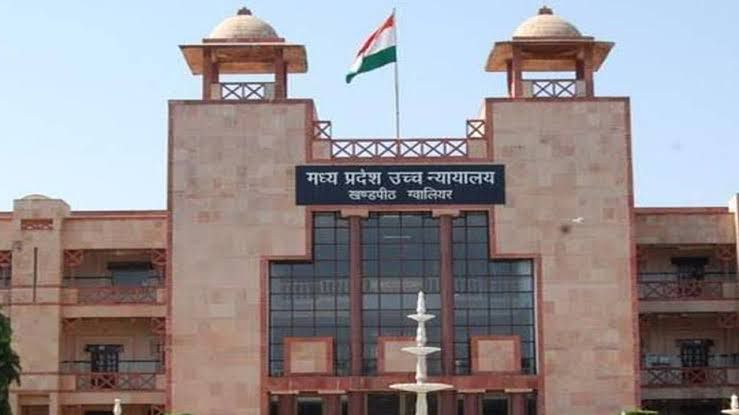Title: Jogiram v. The State of Madhya Pradesh
Citation: MISC. CRIMINAL CASE No. 45785 of 2023
Decided on: 13.10.2023
Coram: Justice Pranay Verma
Introduction
In this case, the Madhya Pradesh High Court ruled that the plaintiff could not be charged in an NDPS (Narcotic Drugs and Psychotropic Substances) case based solely on the statement provided by a co-accused, without any additional supporting evidence. Justice Pranay Verma emphasized that no drugs or illegal substances were discovered in the possession of the petitioner. The petitioner’s involvement was primarily based on the disclosure statement made by a co-accused under Section 27 of the Indian Evidence Act. Therefore, the prosecution had not gathered any substantial evidence other than the written memos created under Section 27 of the Indian Evidence Act, which were prompted by other co-accused individuals.
Facts of the case
The petitioner/accused in this case has filed a petition under Section 482 of the Code of Criminal Procedure, 1973, seeking the quashing of the FIR (First Information Report) registered at a police station, as well as the final charge-sheet filed against them. These legal actions pertain to alleged violations of Sections 8/15, 25, and 29 of the N.D.P.S. (Narcotic Drugs and Psychotropic Substances) Act.
The case originated from a situation where, based on confidential information, one of the co-accused, named Kherajram, was apprehended. During his apprehension, a substantial quantity of poppy straw amounting to 250 quintals was seized from his possession, which he was transporting by a truck. Subsequently, a memorandum under Section 27 of the Evidence Act was recorded from Kherajram, in which he claimed that the petitioner and other co-accused individuals had approached him for the purpose of transporting the illegal substances. As a result of this memorandum, the petitioner has been implicated in the current case, and a charge-sheet has been filed against them in the relevant court.
Court’s observation and analysis
In its judgment, the Court expressed the view that there is no evidence of any contraband being found in the possession of the petitioner. Additionally, the petitioner is neither the owner of the vehicle used to transport the illegal substances, nor was he present in the vehicle at the time of the alleged incident. The petitioner’s implication in the case is solely based on a disclosure statement made by a co-accused, which was recorded under Section 27 of the Indian Evidence Act.
The court made reference to the case of Dilip Kumar Vs. State of M.P., M.Cr.C. No.2748/2022, wherein it was held,
“The tendency to include the innocent with the guilty is peculiarly prevalent in India, as judges have noted on innumerable occasions, and it is very difficult for the court to guard against the danger … The only real safeguard against the risk of condemning the innocent with the guilty lies in insisting on independent evidence which in some measure implicates such accused.”
Furthermore, upon reviewing the case diary and the charge-sheet related to this case, the Court concluded that there is a lack of substantial evidence against the current petitioner. The only evidence presented by the prosecution pertains to the memos prepared under Section 27 of the Indian Evidence Act, and these memos were initiated by other co-accused individuals.
Hence, this petition was allowed.
“PRIME LEGAL is a full-service law firm that has won a National Award and has more than 20 years of experience in an array of sectors and practice areas. Prime legal fall into a category of best law firm, best lawyer, best family lawyer, best divorce lawyer, best divorce law firm, best criminal lawyer, best criminal law firm, best consumer lawyer, best civil lawyer.”
Written by- Amrita Rout


